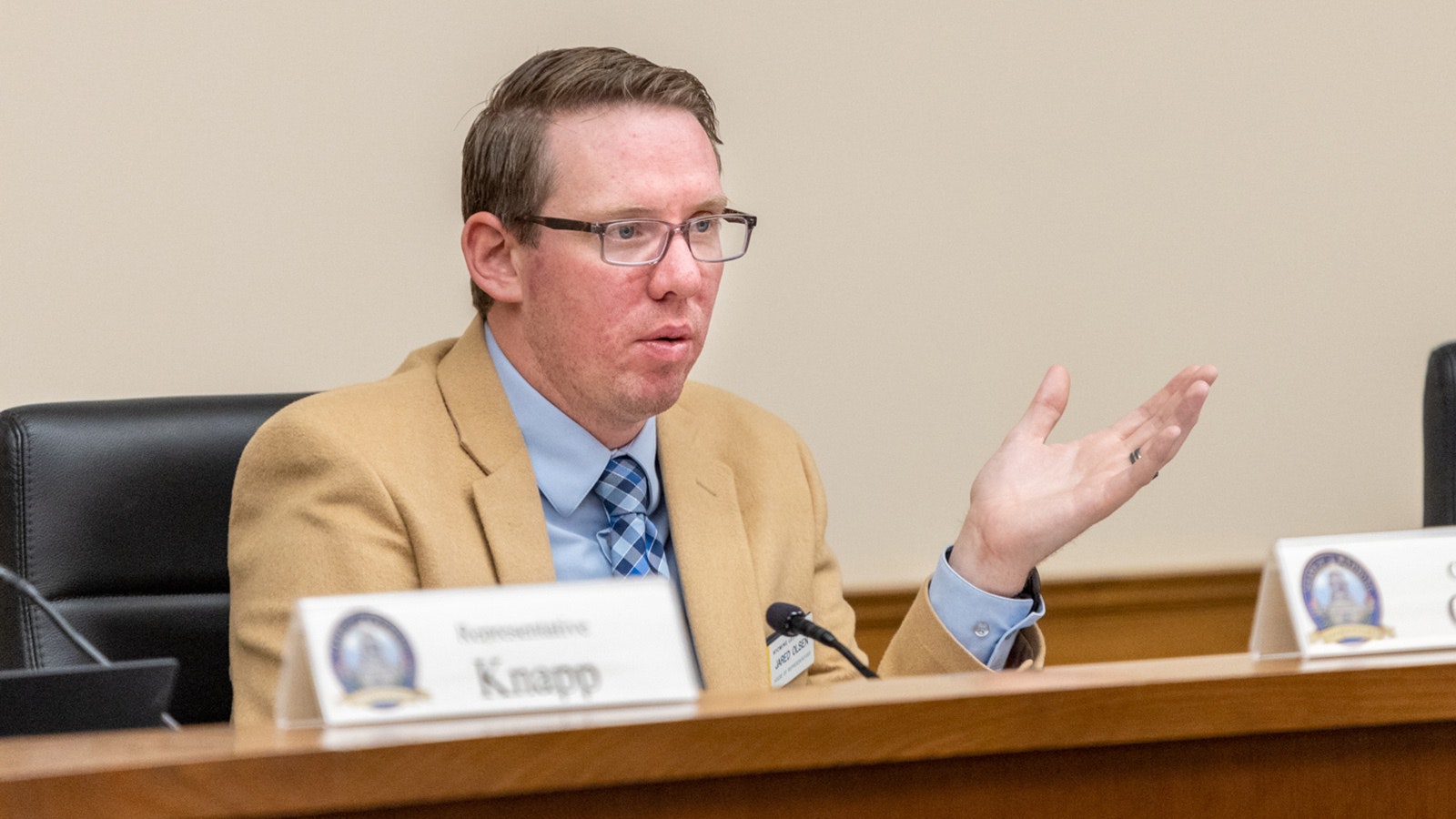Digital assets are often protected by what’s known as a cryptographic key.
These computer codes can be likened to a key that opens a house or a safe, but with an important difference – anyone who knows the code can take control of the asset itself, potentially whisking it away without a trace.
Cryptographic keys are lifetime codes that can never be regenerated or changed. Lose the key, lose the asset – forever.
This distinction is sometimes lost in a world that, by and large, has yet to formulate an official regulatory framework for cryptocurrency and other digital assets, much less understand their finer points.
Wyoming is ahead of the pack with its regulatory framework, and is considering another key protection for digital asset owners.
House Bill 86 will prevent a court from compelling through discovery the invisible code that makes up a private cryptographic key whenever a public key will do the job just as well.
Not A New Bill
This is not the first go-round for the effort, said Rep. Jared Olsen, R-Cheyenne, Chairman of the House Corporations, Elections & Political Subdivisions.
“Maybe we finally got this bill to a place where we can agree on it and advance it,” he said during committee deliberations Wednesday afternoon.
The revised HB 86 includes language expressly stating that it’s not meant to interfere with the normal legal processes that courts engage in.
For example, Olsen said, divorce proceedings will still work the way they always have.
The existence of any digital assets must be disclosed, as with any other asset. A judge can still award assets to one or the other party, who would then have to relinquish the asset according to the judge’s directive.
But the private code that controls the asset itself is not needed for the legal process to play out, Olsen said. It doesn’t need to be “discovered” and then seen by a judge, attorneys for both parties, court clerks and on down the line.
Protecting Privacy
Keeping those codes secret is necessary to protect the asset itself, Olsen said.
That’s because anyone who sees the code through discovery processes could then use it to take the asset. If too many have seen the code, there might be no real way to tell who the culprit was.
“Without this statute, there’s an argument that your key might not be protected,” Olsen said. “You know, if you’ve ever read stories about somebody losing their (private cryptographic) keys, people have literally lost millions of dollars in currency, because once a key is lost, there’s no third party you can go to to regenerate a key.
“It’s private. It’s like a password that you simply can’t change.”
Private keys are sometimes kept by third parties, however, Olsen acknowledged.
“That’s what the Special Purpose Depository Institutions, the speedy banks (are for),” Olsen said. “These are banks that are designed as fiduciaries to hold possession of your key, so you don’t lose it.
“If, for whatever reason, a third party wants the key and they subpoena that third party who is holding your key, this order would prohibit that disclosure of the key itself.”
Rep. Tony Locke, R-Casper, testified in favor of House Bill 86 during the House Corporations Committee’s deliberations Wednesday afternoon.
“This is a very critical component of privacy,” he said. “It’s very critical. And so I, of course, give a strong yes on this bill to protect the privacy of the individual and keep government out of those kinds of things.”
What About Deceased Key Holders
Scott Meier, representing the Wyoming Bankers Association, meanwhile wanted to know how the law would affect a case with a decedent who owned a private cryptographic key.
The scenario is not unlike a situation where there’s a locked gun safe and the heirs all want to know what is in the safe, Olsen said. A meeting is arranged where everyone can be present to see the safe opened.
“Something like that can still occur with the cryptographic key, where everyone can be present to see what the asset is without actually handing the keys to somebody else,” Olsen said.
The law won’t change the requirement for a complete inventory either, Olsen said. It will be the same as in any court-supervised administration of an estate.
“They’re going to have to list what the asset is,” Olsen said. “If they don’t know how to use the private key, they’ll probably use a third party to help them understand how to use the key to figure out what the asset is.”
Summary
HB 86 moves to the House floor with a pass recommendation, with eight yes votes and one excused absence from the House Corporations, Elections & Political Subdivisions Committee on Wednesday.





